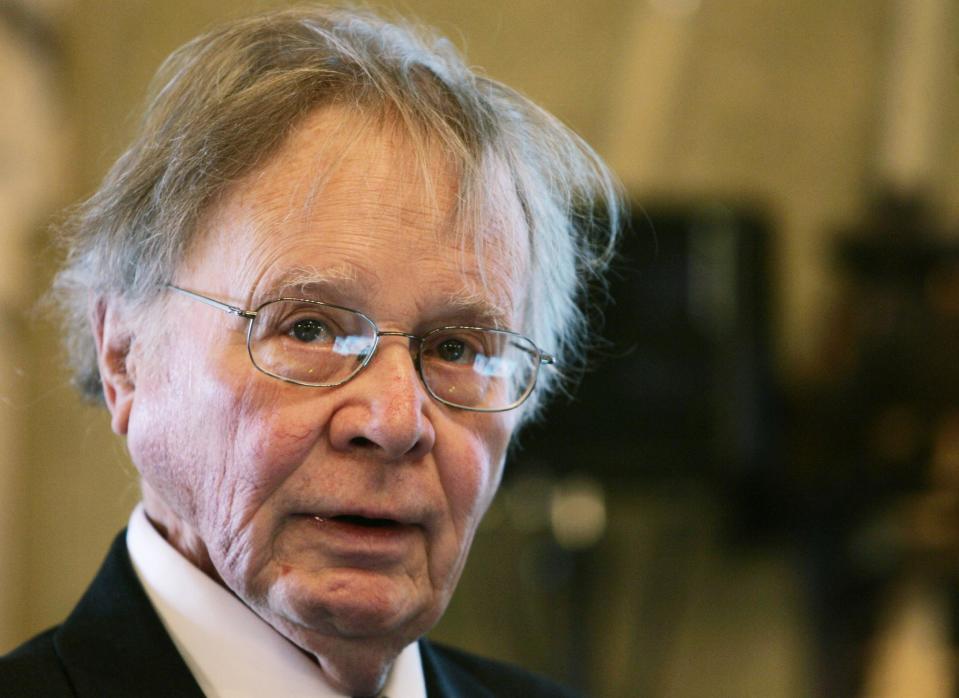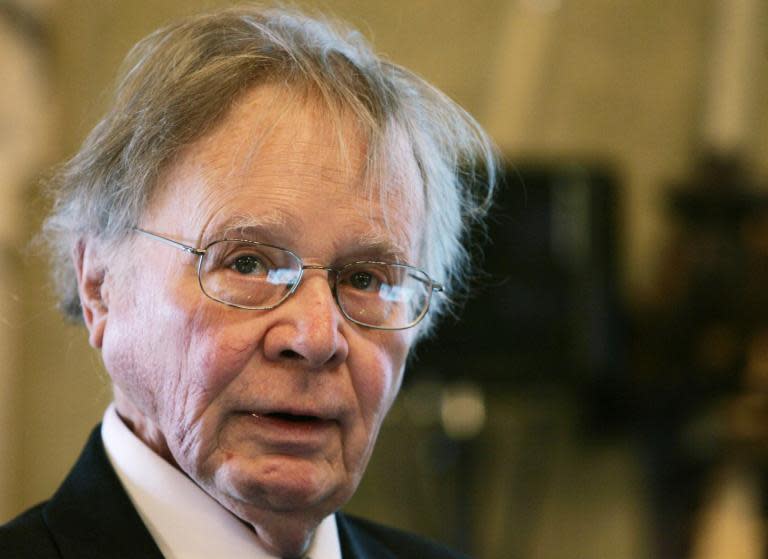Wallace Smith Broecker death: Father of global warming who predicted rising carbon dioxide levels dies, aged 87
A scientist who raised early alarms about climate change and popularised the term “global warming” has died. Wallace Smith Broecker was 87.
The longtime Columbia University professor and researcher died Monday at a New York City hospital, according to a spokesman for the university’s Lamont-Doherty Earth Observatory. Kevin Krajick said Mr Broecker had been ailing in recent months.
The renowned scientist brought the term “global warming” into common use with a 1975 article that correctly predicted rising carbon dioxide levels in the atmosphere would lead to pronounced warming. He later became the first person to recognise what he called the Ocean Conveyor Belt, a global network of currents affecting everything from air temperature to rain patterns.
Mr Broecker said it is possible that warming caused by the buildup of greenhouse gases could be enough to affect ocean currents dramatically.
In 1984, he told a Congressional subcommittee that the buildup of greenhouse gases warranted a “bold, new national effort aimed at understanding the operation of the realms of the atmosphere, oceans, ice and terrestrial biosphere.”
“We live in a climate system that can jump abruptly from one state to another,” Mr Broecker said in 1997. By dumping into the atmosphere huge amounts of greenhouse gases, such as carbon dioxide from the burning of fossil fuels, “we are conducting an experiment that could have devastating effects.”
“We’re playing with an angry beast — a climate system that has been shown to be very sensitive,” he said.
Mr Broecker received the National Medal of Science in 1996 and was a member of the National Academy of Science. He also served a stint as the research coordinator for Biosphere 2, an experimental living environment turned research lab.
Broecker was born in Chicago in 1931 and grew up in suburban Oak Park.
He joined Columbia’s faculty in 1959, spending most of his time at the university’s laboratory in Palisades, New York.
He was known in science circles as the “Grandfather of Climate Science” and the “Dean of Climate Scientists.”
The Associated Press contributed to this report

 Yahoo News
Yahoo News 

